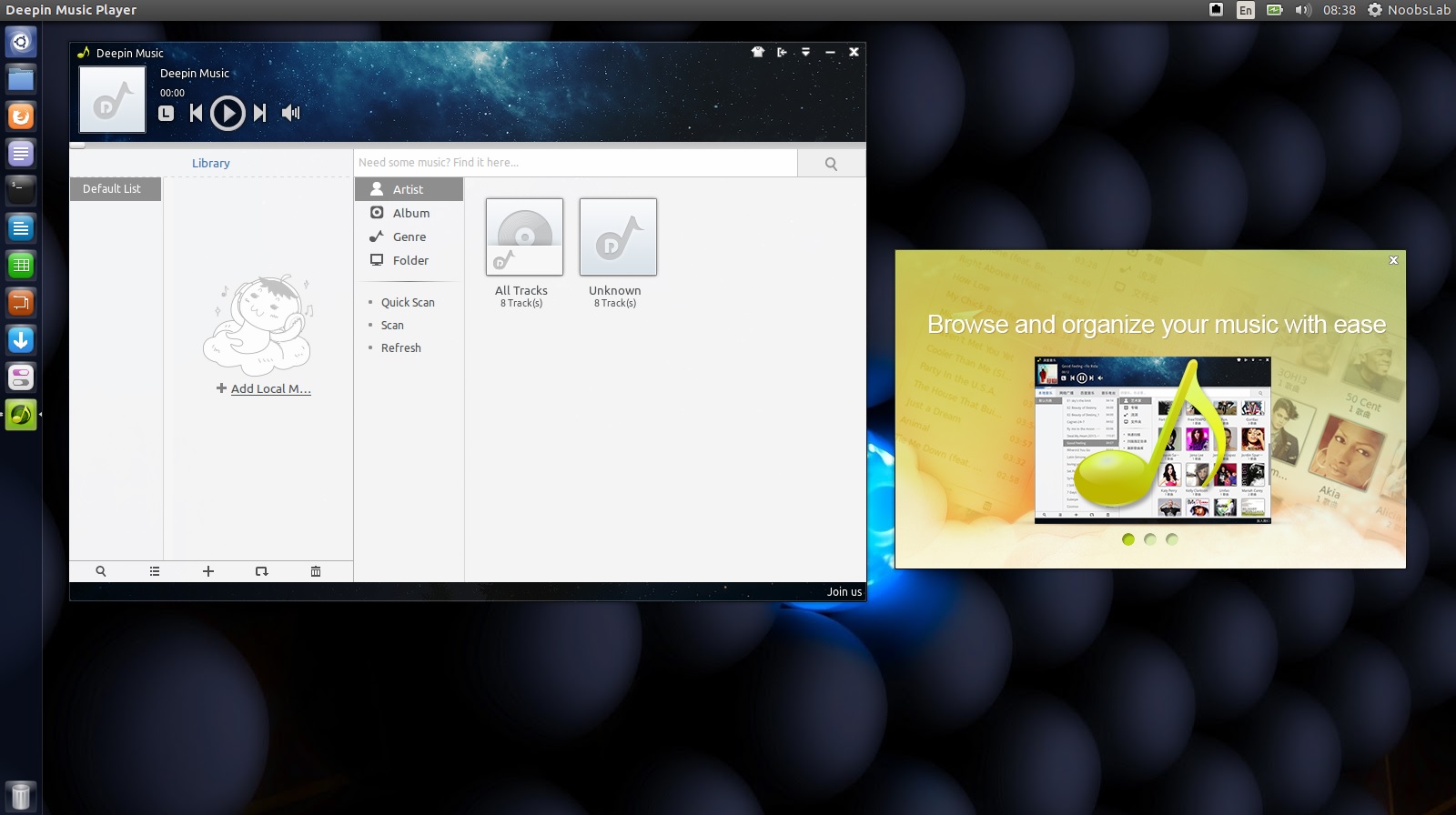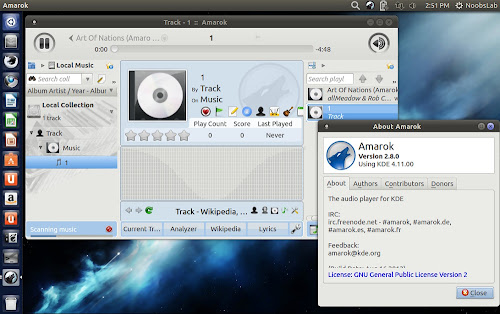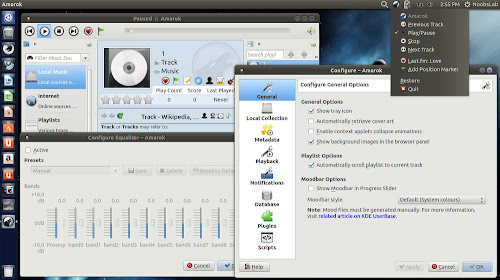There are way many audio players available for Linux and sometimes it's bit difficult to make a choice between them. Some people like to stick with distribution default audio player but many people always look forward to an alternative. We don't say which one is better, it all depends on player functionality and user choice.
Quod Libet is a GTK based audio player written in Python programming language, using Mutagen tagging library, it is cross-platform and available for Linux, Windows, and Mac OS X. Basically it is an audio management program, which offers several ways to manage and view your audio library and also support audio feeds. It can support libraries with tens of thousands of audio files. It also carries some additional features which should be in modern audio player: Unicode support, advanced tag editing, Replay Gain, podcasts & Internet radio, album art support and all major audio formats.
Another plus point of this player is that it has ability to edit metadata tag, which is not available in every player out there, and it has some advanced searching capabilities. Ex Falso is a program that uses the same tag editing back-end as Quod Libet, but isn't connected to an audio player. If you don't want to make a switch from your favorite audio player and just want something that can handle tagging, Ex Falso is for you.
If we talk about playlist then it can do better than any player because it can also make playlists based on regular expressions but don't worry if you don't know how regular expressions work, regular searches works too within this player. You can display and edit any tag you want in the file, for all the file formats it supports.
















